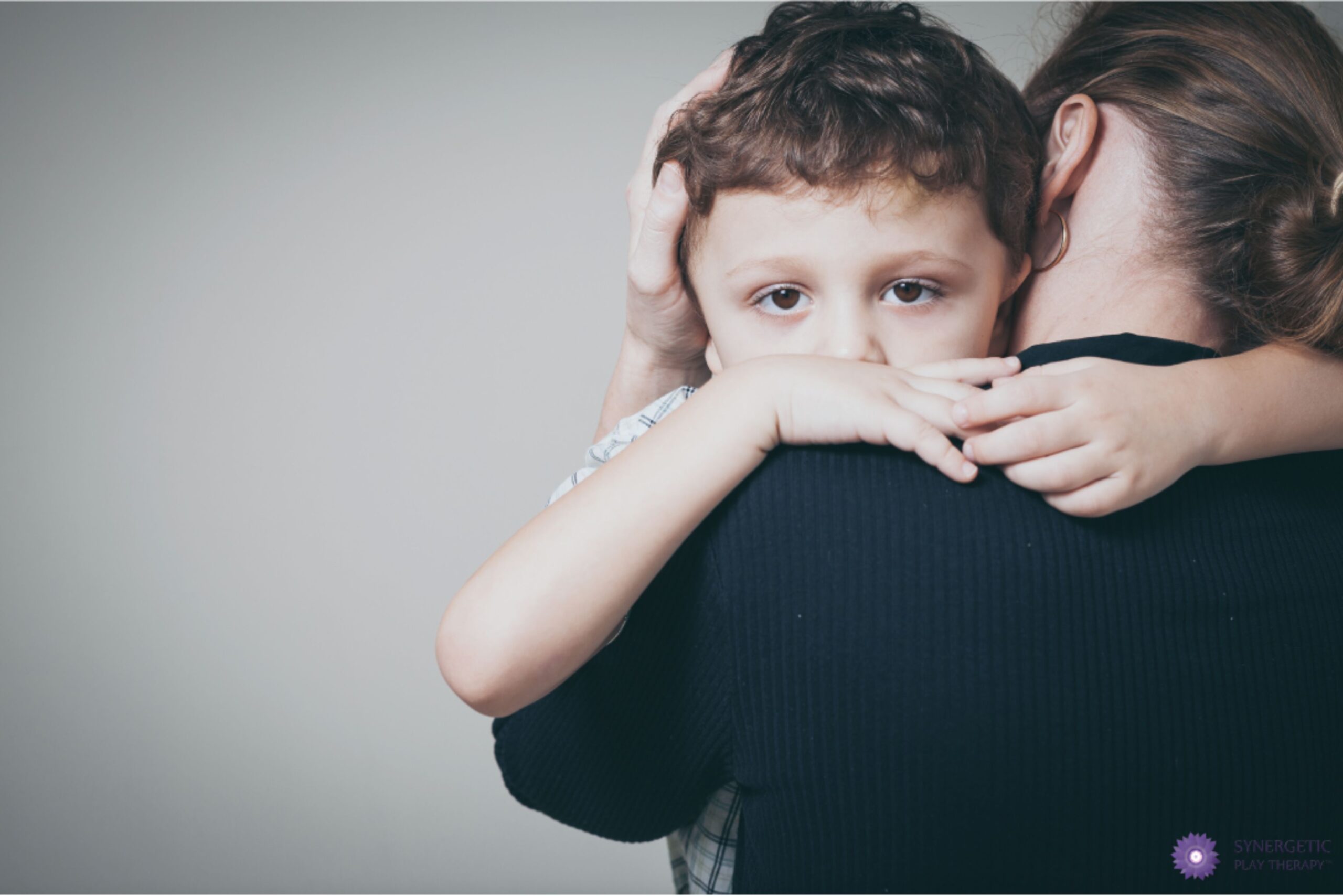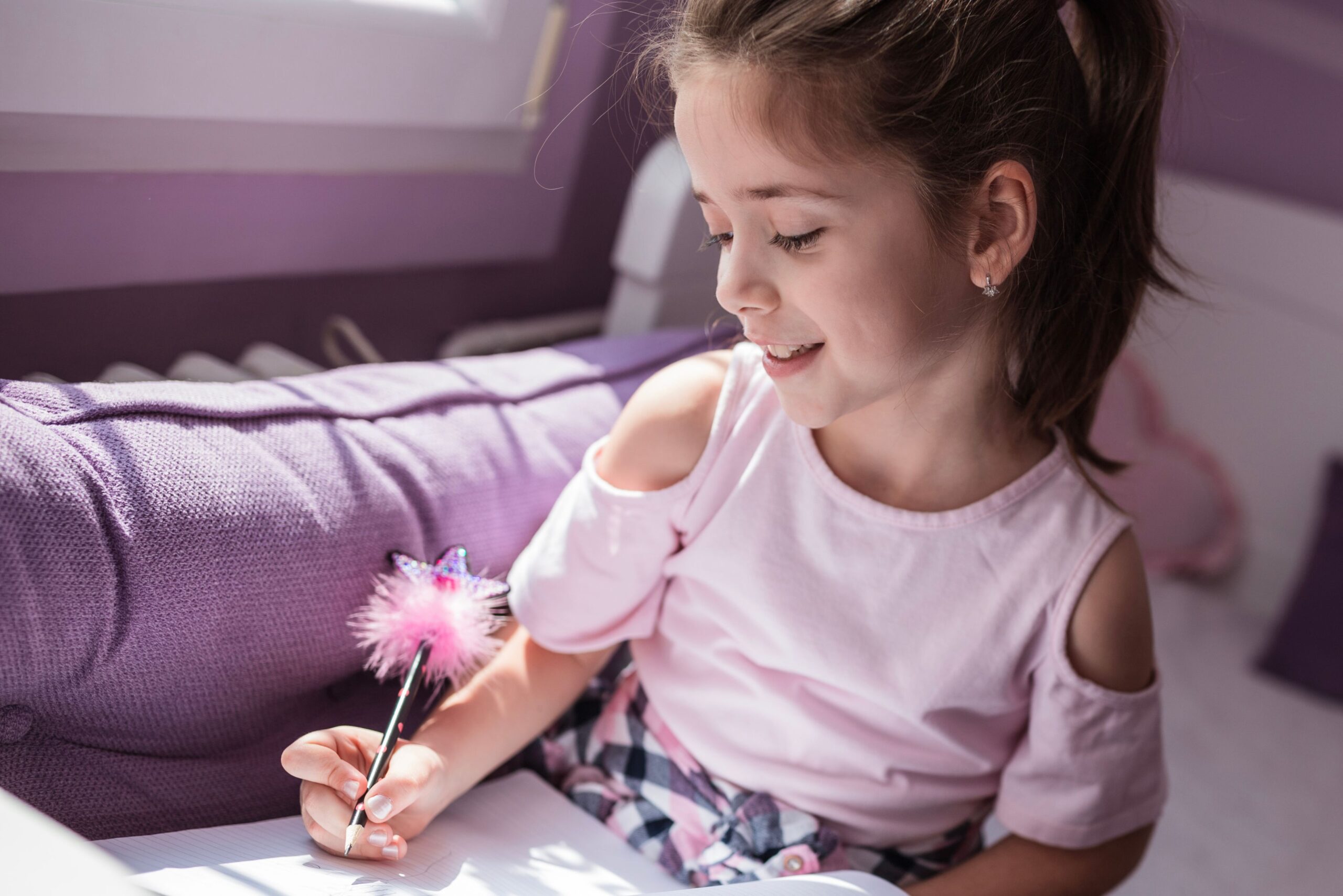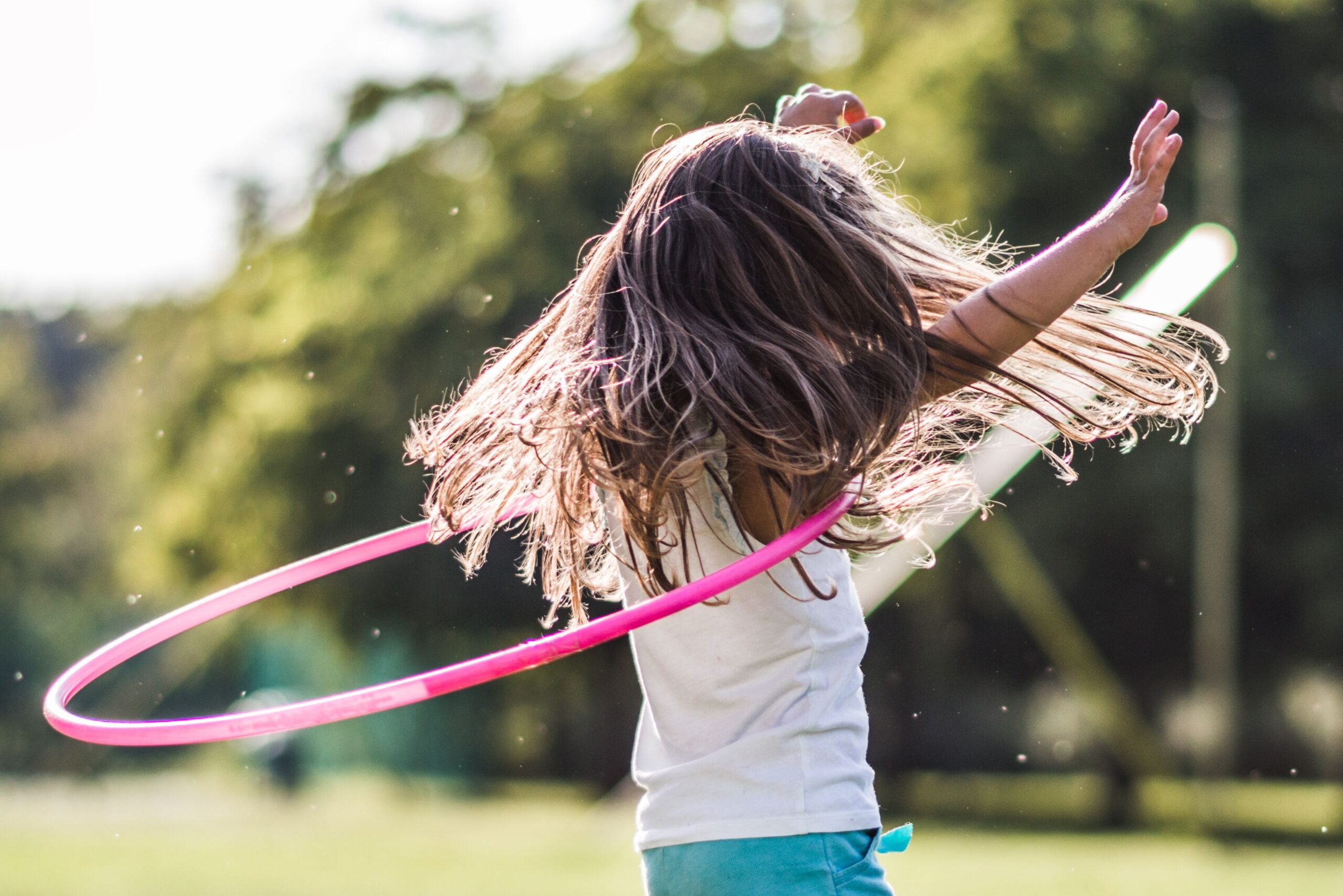By Lisa Dion, LPC, RPT-S
Change surrounds us. The leaves fall from trees, animals go extinct, birthdays come and go, people leave and people die. Saying goodbye is part of our daily lives and yet we don’t always allow ourselves to really acknowledge the feelings that can come with these changes.
Recently, a school administrator approached me because she wanted help talking to her students as one of their teachers had just died. I asked her what she was inclined to say and she told me that she wanted to acknowledge the loss and inform her kids that they may see teachers sad and possibly teary-eyed. She also wanted to give the students permission to feel sad too.
After she finished explaining to me what she wanted to share, which was incredibly compassionate and full of heart, I asked, “What if a child doesn’t feel sad?” She looked at me for a second a bit puzzled.
“What if a child is feeling relief or anger or confusion or nothing at all? How will those feelings be addressed?” I continued. Being an incredibly wise administrator, she understood what I was trying to tell her.
The rest of our discussion was an exploration of how to give children permission to feel the “full range” of feelings that might arise as a result of loss.
The truth is goodbyes aren’t a one-emotion-fits-all experience – they often come with mixed emotions. On one hand, they represent the conclusion of an experience with someone who is not coming back or at least going away temporarily. For some, this can cause sadness, anger, and regret.
Many of us can empathize – we may find ourselves standing outside airports with damp balls of Kleenex, lingering in doorways unable to walk away, and remaining on the phone, telling our loved ones “You hang up first” in an attempt to stay connected a little longer. We may find ourselves replaying in our minds memories with those who have passed as if trying to take a photo over and over again. We may find ourselves simply refusing to believe they are gone. Sometimes it is just hard to say goodbye or let go.
Children experience this too. Maybe they get upset each time they must say goodbye to certain people in their lives, wondering when or if they will ever see them again. Maybe they spend time literally counting down the days, hours, and minutes until they are reunited. Maybe they dream of someday being able to see the person they have lost again, even if only for a moment. Maybe they are filled with regret because they never said what was in their heart. Maybe they wear their parent’s shirt to bed every night because it reminds them of the hug that they will never be able to get from that parent again.
All these feelings and experiences are, for the most part, considered an acceptable part of the grief process. These are the ones that we “allow” ourselves to talk about. But what about the other feelings? The good feelings goodbyes cause? Endings can bring waves of relief and, yes, even joy. What about the child who is so thankful that someone has passed away because they felt they were treated poorly by that individual? What about the relief that comes when you no longer need to take care of someone who has been incredibly ill for a long time? What about the child who now knows that they don’t have to listen to mom and dad fight anymore? In a culture that tends to view the degree in which someone mourns a goodbye as a reflection of how much they cared for whoever it was that left, it is no wonder we don’t spend a lot of time admitting this part of the experience.
For children, it’s essential that they are provided the permission and the language to acknowledge the full range of their emotional experiences when loss occurs. The potential downside if we don’t allow this is that they can begin to feel as if their experience isn’t ok. They can start to question their feelings and, if not validated, start to shove them down inside of themselves, believing that if they are not sad or upset it means they don’t care. The result then is they grow disconnected from who they are, resulting in the greatest loss of all…the loss of connection to self.






